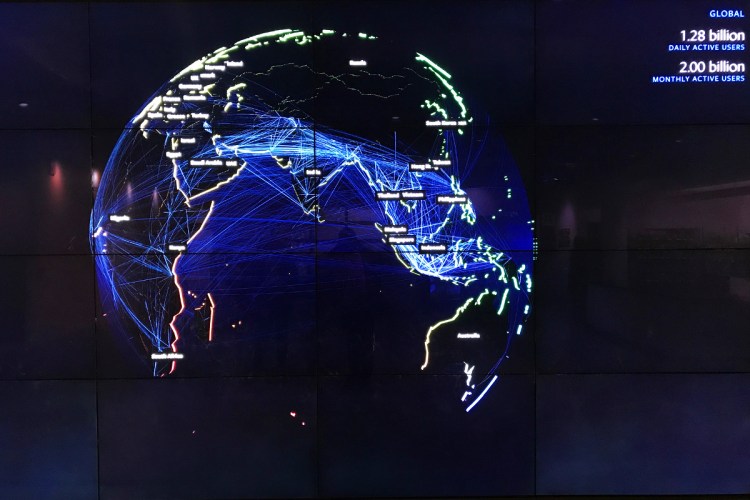Watch all the Transform 2020 sessions on-demand here.
Facebook announced today that it has started using neural network systems to carry out more than 4.5 billion translations that occur each day on the backend of the social network. Translations carried out with recurrent neural networks (RNNs) were able to scale with the use of Caffe2, a deep learning framework open-sourced by Facebook in April.
The Caffe2 team today also announced that in part due to work done around translation, the framework is now able to work with recurrent neural networks.
“Using Caffe2, we significantly improved the efficiency and quality of machine translation systems at Facebook. We got an efficiency boost of 2.5x, which allows us to deploy neural machine translation models into production,” the Caffe2 team said in a blog post. “As a result, all machine translation models at Facebook have been transitioned from phrase-based systems to neural models for all languages.”
The use of recurrent neural networks (RNN) has resulted in an 11 percent increase in BLEU, a metric for measuring the performance of human language translated by machines. Translations were previously performed with phrase-based models, which were unable to translate blocks of text but rather translated individual words and phrases.
June 5th: The AI Audit in NYC
Join us next week in NYC to engage with top executive leaders, delving into strategies for auditing AI models to ensure fairness, optimal performance, and ethical compliance across diverse organizations. Secure your attendance for this exclusive invite-only event.
“To remedy this and build our neural network systems, we started with a type of recurrent neural network known as sequence-to-sequence LSTM (long short-term memory) with attention,” software engineers Necip Fazil Ayan, Juan Miguel Pino, and Alexander Sidorov, members of Facebook’s Applied Machine Learning team, said in a blog post. “Such a network can take into account the entire context of the source sentence and everything generated so far, to create more accurate and fluent translations,” the trio added.
The switch also makes translations on Facebook more likely to take into account things like slang, typos, and context. Algorithms made for translation can be found on the Caffe2 GitHub page.
By working with the Facebook AI Research (FAIR) team, convolutional neural networks could be used in the future, the engineers noted.


